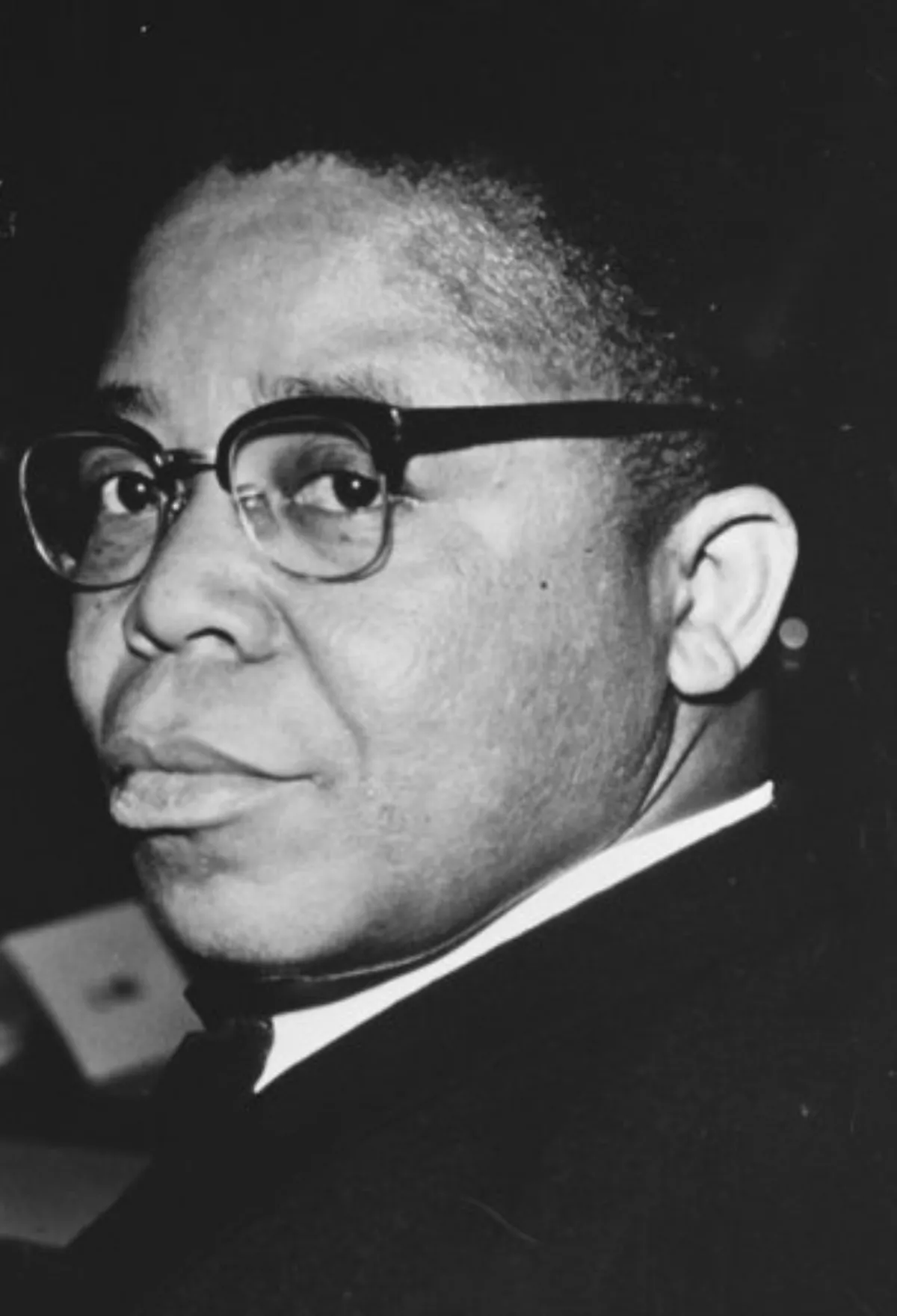 1.
1. Joseph Kasa-Vubu forged an unlikely coalition between his regionalist and conservative ABAKO party and Patrice Lumumba's left-wing nationalist and election-winning Congolese National Movement party, offering support in the government.

 1.
1. Joseph Kasa-Vubu forged an unlikely coalition between his regionalist and conservative ABAKO party and Patrice Lumumba's left-wing nationalist and election-winning Congolese National Movement party, offering support in the government.
Joseph Kasa-Vubu was finally deposed by a coup d'etat led by Mobutu Sese Seko in 1965.
Joseph Kasa-Vubu's biography was marked by being the main cause of the political instability that has persisted in Congo since its independence in 1960, and as a puppet president, acting in the interests of Belgium and the United States.
Joseph Kasa-Vubu was the eighth of nine children in a family of the Yombe people, an ethnic group that is a subset of the Kongo people.
Joseph Kasa-Vubu's father was a successful farmer who, as an independent entrepreneur, traded with street merchants in Cabinda and built his house at the outskirts of the village.
Joseph Kasa-Vubu's mother died four years after his birth, and his father died in 1936.
In 1927 Joseph Kasa-Vubu enrolled in primary school at the third-year level.
An industrious student, Joseph Kasa-Vubu graduated second in his class in 1936 and was admitted to the Kabwe seminary in Kasai Province.
Joseph Kasa-Vubu intended to study three years of philosophy and five years of theology before becoming an ordained priest.
Dissatisfied with his salary of 80 francs per month, Joseph Kasa-Vubu passed the instructor's exam and became a sixth-grade teacher at the mission school in early 1941.
In June 1942 Joseph Kasa-Vubu earned a job as a clerk in the finance department of the Belgian colonial administration in Leopoldville, the capital of the Congo.
Joseph Kasa-Vubu worked there for 15 years, attaining the rank of chief clerk, the highest level of employment available to Congolese civil servants under Belgian rule.
Joseph Kasa-Vubu began semi-clandestine political organising work while he was still employed by colonial authorities.
Joseph Kasa-Vubu quickly became known as one of the first Congolese leaders to call for independence.
On 4 January 1959, an ABAKO political gathering organised by Joseph Kasa-Vubu erupted into violence, sparking the Leopoldville riots, a pivotal moment in the Congolese struggle for independence.
Joseph Kasa-Vubu was set to address the crowd on African nationalism, but colonial authorities banned the meeting.
Joseph Kasa-Vubu was arrested, along with several other leaders, and imprisoned for inciting the riot.
Joseph Kasa-Vubu forged an unlikely coalition between his regionalist and conservative ABAKO party and Patrice Lumumba's left-wing nationalist and election-winning Congolese National Movement party, offering support in the government.
Joseph Kasa-Vubu's election represented an attempt to gain Belgian control over the administration of the newly independent Congo.
Belgian politicians expected Joseph Kasa-Vubu to act against Lumumba by defending Belgium's economic interests.
Joseph Kasa-Vubu was officially sworn in as president on 27 June 1960.
Meanwhile, Joseph Kasa-Vubu came under internal pressure from ABAKO and President Fulbert Youlou of Congo-Brazzaville to restrain Lumumba.
Ultimately, Joseph Kasa-Vubu conspired to overthrow Tshombe himself and dismissed him as prime minister in October 1965.
Joseph Kasa-Vubu died in a hospital in Boma four years later in 1969, possibly after a long illness.
Joseph Kasa-Vubu's family went into exile following his death, first to Algeria and then Switzerland.
One of his daughters, Justine M'Poyo Joseph Kasa-Vubu, eventually returned to the Congo in the 1990s.